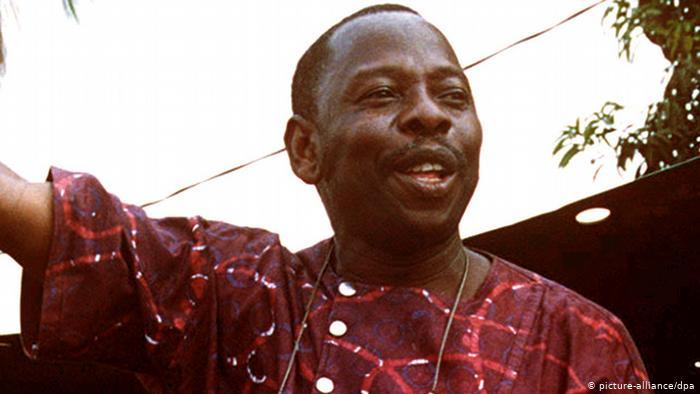Thirty years after the execution of Ken Saro-Wiwa and eight other Ogoni activists, fresh demands have emerged for their official exoneration and full implementation of the Niger Delta cleanup.

The Ogoni Nine—Saro-Wiwa, Baribor Bera, Saturday Dobee, Nordu Eawo, Daniel Gbokoo, Paul Levura, Felix Nuate, John Kpuinen, and Barinem Kiobel—were executed on November 10, 1995, after a military tribunal condemned them for protesting oil pollution by Shell Petroleum Development Company. Their trial was widely criticised as unfair and politically motivated, sparking global outrage and Nigeria’s suspension from the Commonwealth.
Rights groups, including Global Rights and the Movement for the Survival of the Ogoni People (MOSOP), insist that the activists were innocent and should be exonerated, not pardoned. “They were heroes, not criminals,” a Port Harcourt activist said.
Despite a 2011 UNEP report exposing extreme pollution in Ogoniland, cleanup efforts under HYPREP remain slow and plagued by poor transparency and political interference. Activists also warn that renewed talks on oil exploration threaten already contaminated communities.

As Nigeria marks the grim anniversary, campaigners are urging the government to clear the Ogoni Nine’s names, enforce UNEP’s recommendations, hold polluters accountable, and protect environmental and human rights defenders.
At a memorial in Bori, an activist quoted Saro-Wiwa’s final words: “We shall demand our rights peacefully, non-violently, and we shall win.”
Three decades later, many believe that fight for justice is still unfinished.



